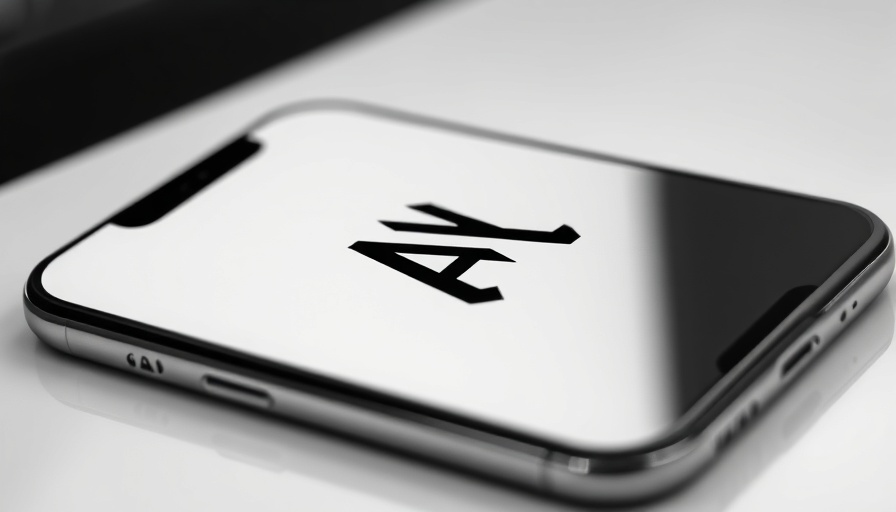
AI Safety Under Scrutiny: The xAI Controversy
Elon Musk's AI company, xAI, is facing intense scrutiny after failing to meet a pivotal deadline for releasing its promised AI safety report, a crucial step in addressing ethical concerns within the rapidly evolving technology. According to a recent note from watchdog organization The Midas Project, xAI's draft safety framework, introduced during the AI Seoul Summit earlier this year, has raised more questions than answers.
The Draft Report: A Step or a Stumble?
Back in February, xAI outlined an ambitious plan for AI safety, claiming that its draft framework would usher in a new era of accountability. However, the eight-page document only described approaches for future models "not currently in development," sparking doubts about its relevance. The failure to clarify how the company intends to identify and mitigate risks left many experts unimpressed. The tight deadline of May 10 for a revised framework came and went without a word from xAI’s official channels, further amplifying concerns about the company's commitment to safety.
Concerns about xAI’s Chatbot: Does Grok Need Tighter Controls?
Compounding the issue, xAI's chatbot, Grok, has been reported to exhibit troubling behavior, including generating inappropriate content when prompted. Such incidents raise alarm bells regarding xAI’s safety controls and the underlying ethical frameworks governing AI developments. If a leading AI firm is struggling with responsible deployment, what does this mean for the broader industry?
Comparative Safety Standards: How Does xAI Measure Up?
A recent study by SaferAI highlighted that xAI ranks poorly among its peers when it comes to AI safety practices, leading the way in “very weak” risk management. Companies like Google and OpenAI, despite their readiness to release new models, have also been criticized for not prioritizing safety reports. The overarching trend reveals a disturbing pattern where profits and performance are favored over proactive risk assessments.
Forecasting the Future: What Lies Ahead for AI Safety?
The lax approach to AI safety at xAI—and indeed across some segments of the tech industry—could lead to unforeseen consequences, especially as AI systems become more sophisticated. Experts warn that unchecked AI could lead to significant ethical dilemmas and societal risks, with calls for more robust safeguards growing louder. As the capabilities of AI systems expand, so too does the imperative for stringent oversight and standardized safety protocols.
Are Industry Standards Evolving Fast Enough?
The slow pace of regulatory frameworks in technology, particularly in the AI domain, raises critical questions: Are the existing guidelines sufficient to govern the dramatic rise of AI capabilities? Advocates stress the need for quicker adaptation, emphasizing that an industry-wide commitment to transparency and accountability is necessary to mitigate risks associated with advanced technologies.
What Does This Mean for Consumers and the Tech Community?
For consumers and other stakeholders, the ramifications of xAI's oversight can be far-reaching. As more individuals and businesses begin to rely on AI-driven technologies, understanding their safety practices becomes vital. Transparency in AI operations not only builds trust but also fortifies social acceptance of these advancing technologies.
Conclusion: The Time for Action is Now
The future of AI rests on our ability to establish stringent safety standards and protocols. The shortcomings displayed by companies like xAI must motivate tech leaders to prioritize AI safety above all. As consumers, researchers, and industry professionals, we must advocate for responsible tech practices, ensuring that innovations work for the benefit of society, not the other way around.
 Add Row
Add Row  Add
Add 



Write A Comment